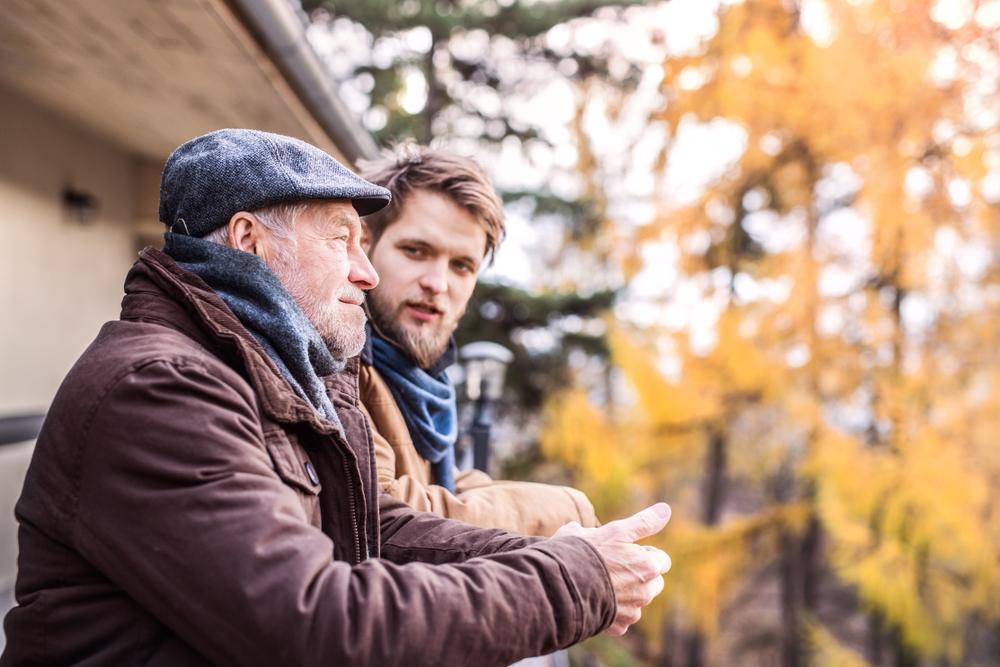Loneliness
In “Millennials and the Loneliness Epidemic,” Forbes contributor Neil Howe reports that tens of millions suffer from this affliction—and not just Millennials—in such countries as the United States, France, and England. In Japan, Howe tells us, more than half a million people don’t leave their homes or interact with others for six months at a time. In one 2016 poll, 42 percent of British female Millennials claimed to be more terrified by the possibility of loneliness than by being diagnosed with cancer.Explanations for this increased sense of isolation abound. In her excellent article “Alone: The Decline of the Family Has Unleashed an Epidemic of Loneliness,” Kay Hymowitz points to falling birth rates, childlessness, divorce, reduced dependence on families for care and welfare, and other changes in the family as contributing to this pandemic of feeling detached and unloved.






